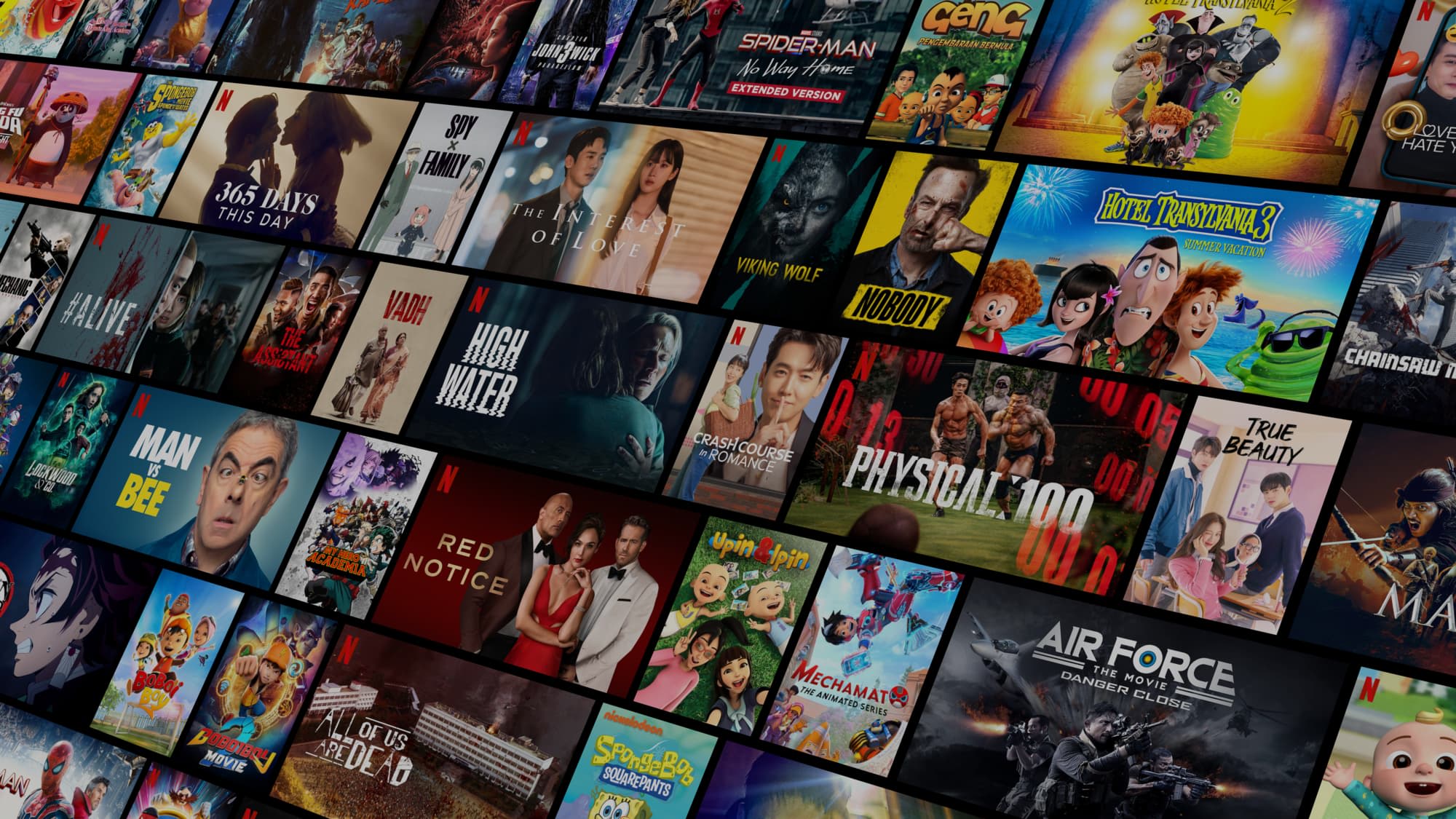Humor is a universal language, often serving as a bridge between cultures and a means to lighten the mood. Yet, when humor veers into the territory of prejudice, it can cause significant harm. Fat jokes, which target individuals based on their weight, provide a stark example of how comedy can perpetuate negative stereotypes and contribute to broader societal issues. This article delves into the origins, societal impact, psychological effects, and ongoing efforts to combat the harm caused by fat jokes, offering a comprehensive analysis of their repercussions.
1. The Origins and Evolution of Fat Jokes
1.1 Historical Context
Fat jokes have a long history, intertwined with cultural attitudes toward body image and societal norms. In ancient societies, physical appearance often symbolized social status or moral character, and humor related to body size was used to reinforce these perceptions. For example, ancient Roman comedies often included characters whose physical size was a source of comedic relief, reflecting prevailing attitudes toward body image.
As societies evolved, so did the nature of humor about body size. The rise of mass media in the 20th century, including television and film, saw the proliferation of fat jokes as part of popular entertainment. Characters who were overweight were frequently depicted as bumbling, lazy, or gluttonous, reinforcing negative stereotypes through humor.
1.2 The Structure of Fat Jokes
Fat jokes rely on exaggerating stereotypes about overweight individuals to create humor. These jokes often focus on themes such as eating habits, physical appearance, and supposed difficulties associated with being overweight. The punchlines are designed to mock and belittle, capitalizing on societal prejudices to elicit laughter.
Common formats include:
- Exaggeration of Size: Jokes that humorously inflate the size of an individual, often to an absurd degree.
- Stereotypical Behaviors: Jokes about overeating or a lack of physical activity, reinforcing stereotypes of laziness or gluttony.
- Physical Comedy: Jokes that use physical attributes or behaviors related to body size as the basis for humor.
2. Societal Impact of Fat Jokes
2.1 Reinforcing Negative Stereotypes
Fat jokes play a significant role in perpetuating negative stereotypes about overweight individuals. By portraying them as objects of ridicule, these jokes reinforce the idea that being overweight is inherently undesirable and reflects personal failings. This contributes to the stigmatization of larger bodies, creating a social environment where weight bias is normalized.
2.2 Impact on Media and Entertainment
The portrayal of overweight characters in media often reflects and amplifies societal prejudices. In television shows and films, fat jokes are frequently used for comedic effect, reinforcing negative stereotypes and contributing to a culture of body shaming. This portrayal can influence public perception, making it more acceptable to view overweight individuals as targets of ridicule.
2.3 Influence on Workplace and Social Interactions
In professional and social settings, fat jokes can contribute to a culture of discrimination and exclusion. Overweight individuals may face bias in hiring, promotions, and daily interactions, stemming from stereotypes perpetuated by humor in media and popular culture. This can affect their professional opportunities, social relationships, and overall well-being.
3. Psychological Effects of Fat Jokes
3.1 Impact on Self-Esteem
Fat jokes can have a profound impact on an individual’s self-esteem and body image. For those who are the target of such jokes, the constant reinforcement of negative stereotypes can lead to feelings of shame and low self-worth. The internalization of these negative messages can exacerbate mental health issues, including anxiety and depression.
3.2 Psychological Stress and Health Consequences
The psychological stress resulting from fat jokes can manifest in various ways, including emotional distress and unhealthy coping mechanisms. Individuals who are subjected to weight-based ridicule may engage in disordered eating or avoid physical activities due to embarrassment or fear of judgment. This can have long-term consequences for both mental and physical health.
3.3 Social and Emotional Isolation
Being the target of fat jokes can lead to social and emotional isolation. Individuals may withdraw from social situations to avoid humiliation or may experience difficulty forming and maintaining relationships. The impact of social exclusion can further compound the psychological distress associated with weight-based ridicule.
4. Combatting the Harm of Fat Jokes
4.1 Promoting Body Positivity
Efforts to combat the harm of fat jokes often involve promoting body positivity and challenging societal norms around body size. Body positivity encourages acceptance and appreciation of all body types, fostering a more inclusive and supportive environment. Campaigns and movements that highlight diverse body representations can help counteract negative stereotypes and promote self-acceptance.
4.2 Educating About Weight Bias
Education plays a crucial role in addressing weight bias and its consequences. Raising awareness about the impact of fat jokes and the underlying stereotypes can help individuals recognize and challenge their own biases. Educational initiatives in schools, workplaces, and communities can foster a more empathetic and inclusive culture.
4.3 Supporting Anti-Discrimination Policies
Implementing and enforcing anti-discrimination policies that address weight bias is essential for creating equitable environments. Workplace policies, healthcare practices, and public accommodations should be designed to prevent discrimination based on body size and ensure fair treatment for individuals of all weights.
4.4 Encouraging Responsible Humor
Encouraging responsible humor involves promoting comedy that respects the dignity of all individuals. Comedians, writers, and media creators can play a role in avoiding harmful stereotypes and fostering a culture of inclusivity. Responsible humor can challenge biases and encourage positive social change while still providing entertainment.
5. Case Studies and Real-Life Examples
5.1 Media Representation
Several case studies highlight the impact of fat jokes in media representation. For instance, the portrayal of overweight characters in sitcoms and reality television often relies on stereotypes and mockery, reinforcing negative attitudes toward body size. Analyzing these portrayals provides insight into how humor can perpetuate harm and shape public perception.
5.2 Personal Accounts
Personal accounts from individuals who have experienced fat jokes reveal the real-life impact of weight-based ridicule. These stories often illustrate the emotional and psychological toll of being targeted by fat jokes, highlighting the need for greater empathy and understanding.
6. The Future of Humor and Body Image
6.1 Evolving Comedy Trends
As societal attitudes toward body image continue to evolve, so too does the landscape of comedy. Emerging trends in comedy increasingly focus on inclusivity and diversity, challenging traditional stereotypes and promoting positive representations of all body types. The future of humor may involve a shift toward more empathetic and responsible comedic approaches.
6.2 Building a More Inclusive Society
Creating a more inclusive society requires collective effort and a commitment to challenging harmful stereotypes and biases. By promoting body positivity, supporting anti-discrimination policies, and encouraging responsible humor, we can work towards a culture that values and respects individuals of all body sizes.
Conclusion
Fat jokes, while often intended as harmless humor, have far-reaching consequences that extend beyond mere laughter. They reinforce negative stereotypes, contribute to societal biases, and inflict psychological harm on individuals who are targeted. Understanding the impact of fat jokes and addressing the underlying issues of weight-based discrimination is crucial for fostering a more inclusive and empathetic society.
As we move forward, it is essential to promote body positivity, educate about weight bias, and encourage responsible humor. By doing so, we can create a cultural shift that values and respects all individuals, regardless of their body size. The legacy of fat jokes need not be one of harm and ridicule but rather an opportunity for growth, understanding, and positive change.



